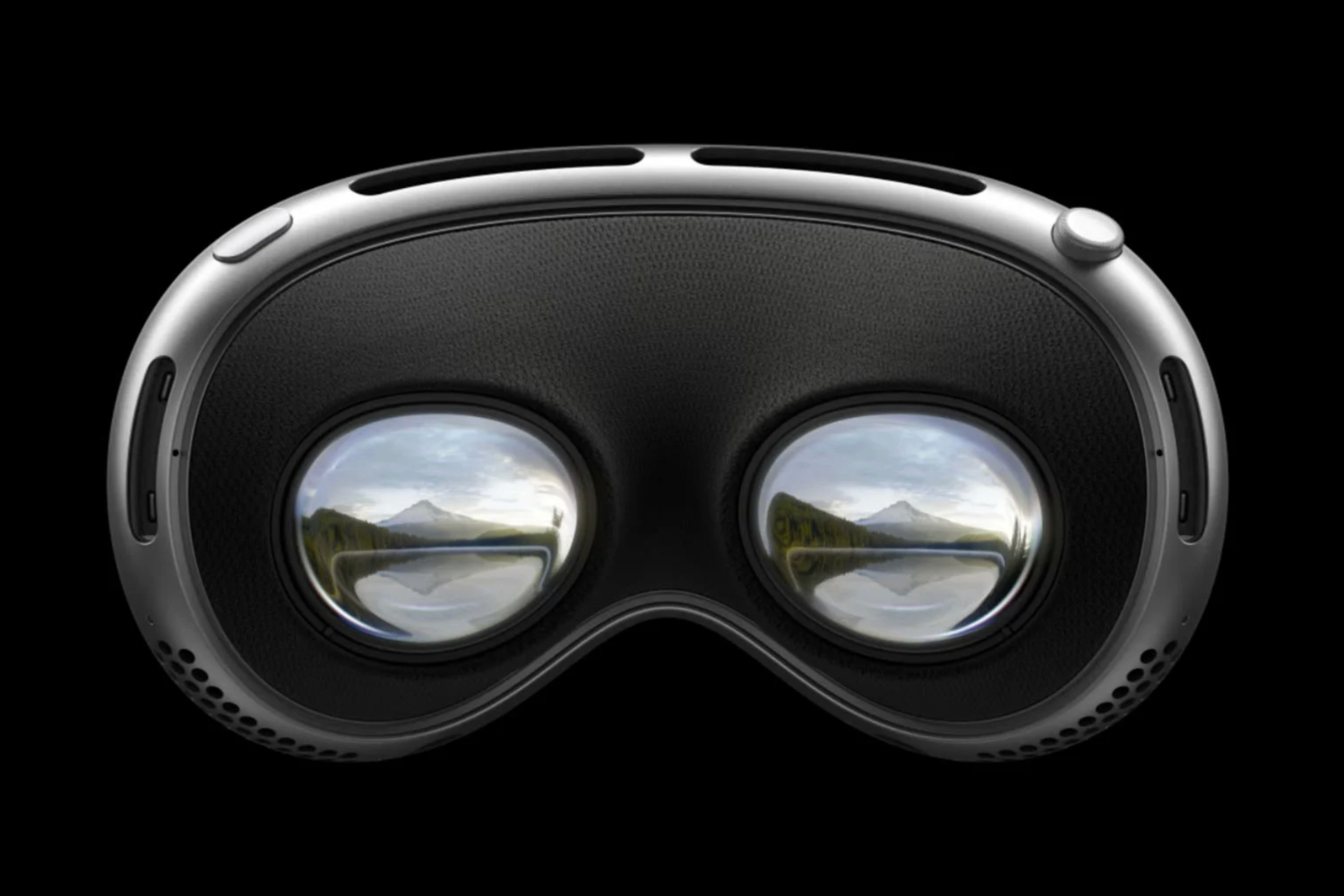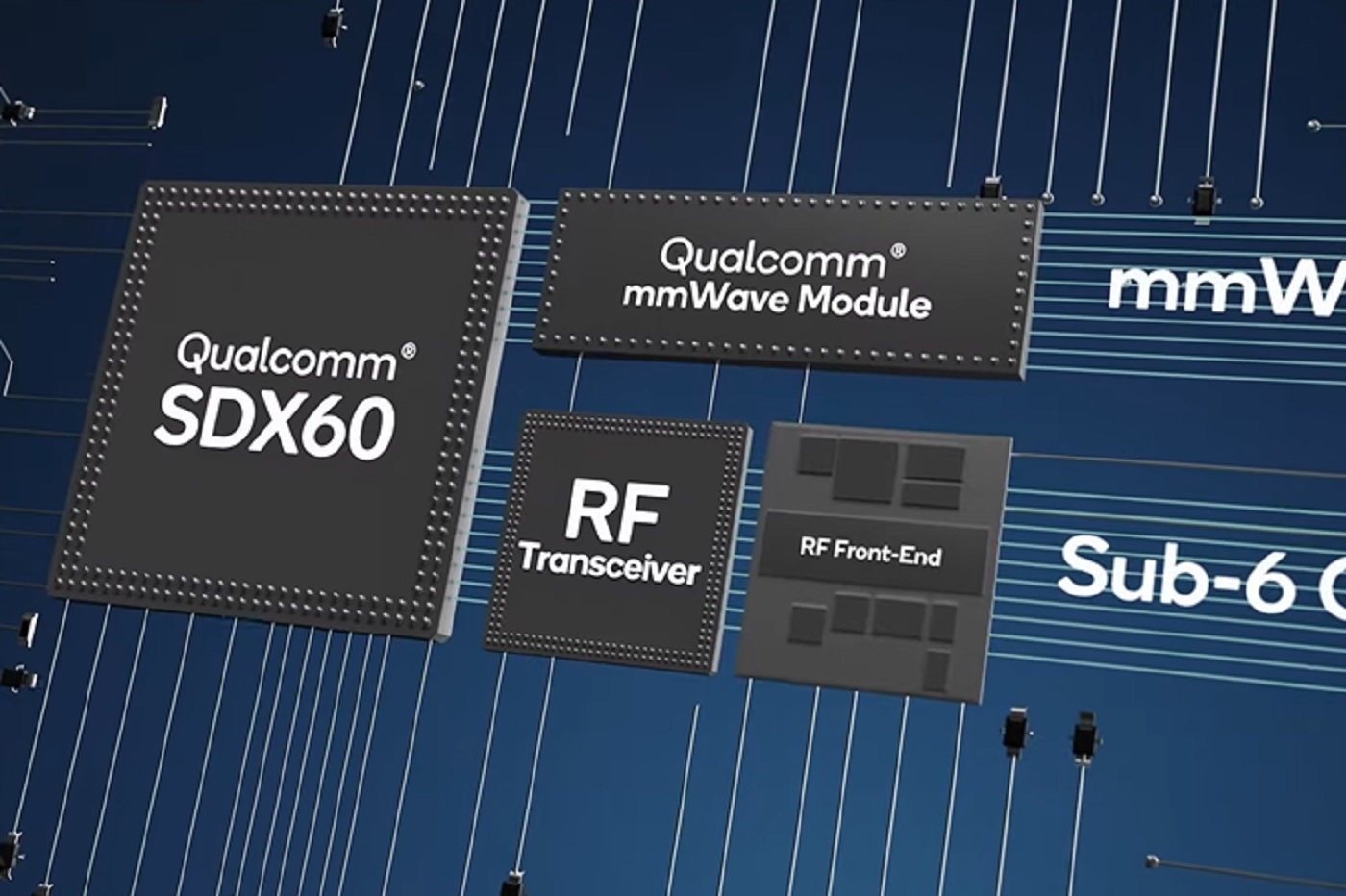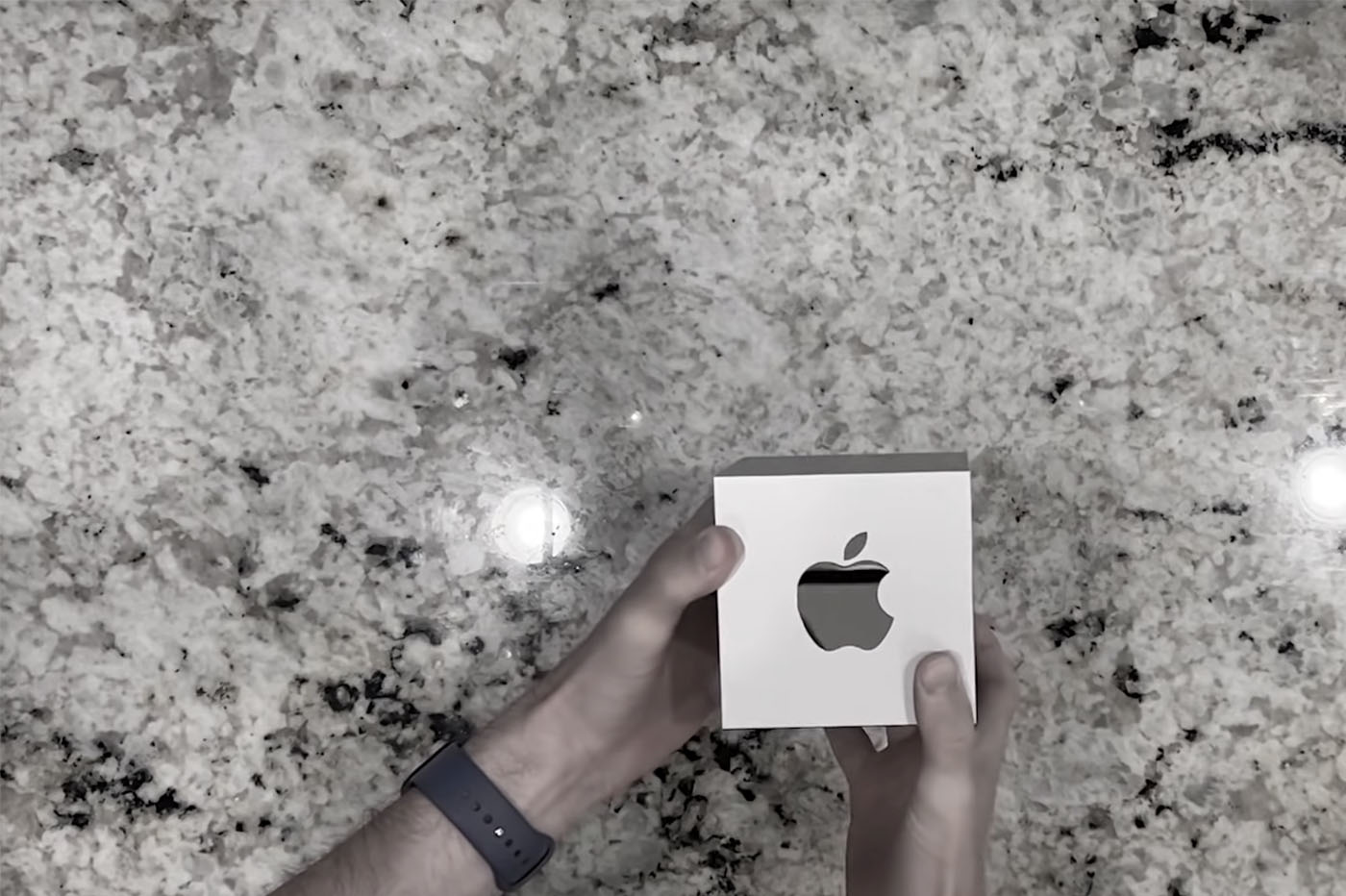While most web giants are content to integrate chatbots into their services (Copilot at Microsoft, Gemini for Google orOpenAI's ChatGPT), the Browser Company thinks differently. Already known forits Arc browserwhich already integrated AI functions, it has just revealeda radically different vision of the future of web browsing.
With Dia, its new browser project, the company proposes to completely review the very concept ofnavigation Internalt focused around artificial intelligence. Its founder, Josh Miller, explained their approach in a video posted on YouTube today.Here is a short summary.
No more additions, time for integration
«AI will not be a simple application or a simple button", says Miller. “It must become a complete environment, built at the very heart of the web browser". This vision contrasts with the current approach of leaders,that simply overlay AI featuresto their existing interfaces.
The team's observation is simple: the web browser has becomeour main access point to online information and services. He therefore already has, in theory, a deep knowledge of our habits, our tools and our work context. By integrating AI directly into this environment, creating a personalized and intelligent experience is possible.
Dia would therefore understand not only the content of web pages, but alsothe complete profile of its user: their favorite tools, their work habits or their personal data stored locally.
Artificial intelligence at your fingertips
The team rethought fundamental elements that we use every day without paying attention to them. The text cursor, this small flashing line present in each input zone, has been the subject of particular attention. The Browser Company teams changed it so that it becamea real contextual assistantable to search for information or complete missing data instantly.
«What if this ultra-personalized intelligence was integrated into each text box, directly at the cursor? For example, instead of opening a new tab to check the year the first iPhone was released, simply click on the cursor and it will instantly find the answer: 2007", explains Miller.
A second slider is also available,which automates complex tasks: writing of personalized serial emails, automatic management of shopping carts, intelligent search in history. This automation is based on five years of development of an infrastructure called ADK, allowing engineers to quickly prototype new features.
An ambition comparable to the electric revolution?
Miller draws a somewhat daring, but rather relevant, parallel between Dia's conception andthe invention of the electric light bulb by Edison in 1879. While the light bulb alone was already a remarkable innovation, it was the creation of a complete electrical grid in central New York that truly transformed society. “An individual light bulb was ultimately just an improved candle: useful, but far from realizing the full potential of this revolutionary technology» argues Miller.
Likewise, adding simple AI buttons is not enough: it is their deep integration into our browser environment, capable of understanding context, anticipating needs and automating repetitive tasks,which would mark a real break.
The Dia project is intelligent in itself, but we have the right to ask ourselves this question: why not simply integrate these functionalities into Arc,who has barely blown out his two candles? Some commenters under the YouTube video have their explanation,sometimes technical, sometimes financial. «It is possible that Arc is tied to financial or contractual commitments to its investors or employees, making any radical change in its initial vision or strategy difficult.» explains an Internet user. “They're likely looking for speed and flexibility that's unobtainable with Arc's current infrastructure. Starting from scratch gives them much greater freedom» underlines another. Whatever they are, the reasons have not been officially explained by the company andDia is expected to be released in early 2025.
- Dia, the new browser from the Browser Company, integrates AI directly into its heart to provide a smarter search experience.
- Innovations like a smart cursor make it possible to find, complete and automate tasks directly in the browser.
- The company chose to develop Dia separately from Arc, and it should be available in early 2025.

i-nfo.fr - Official iPhon.fr app
By : Keleops AG






